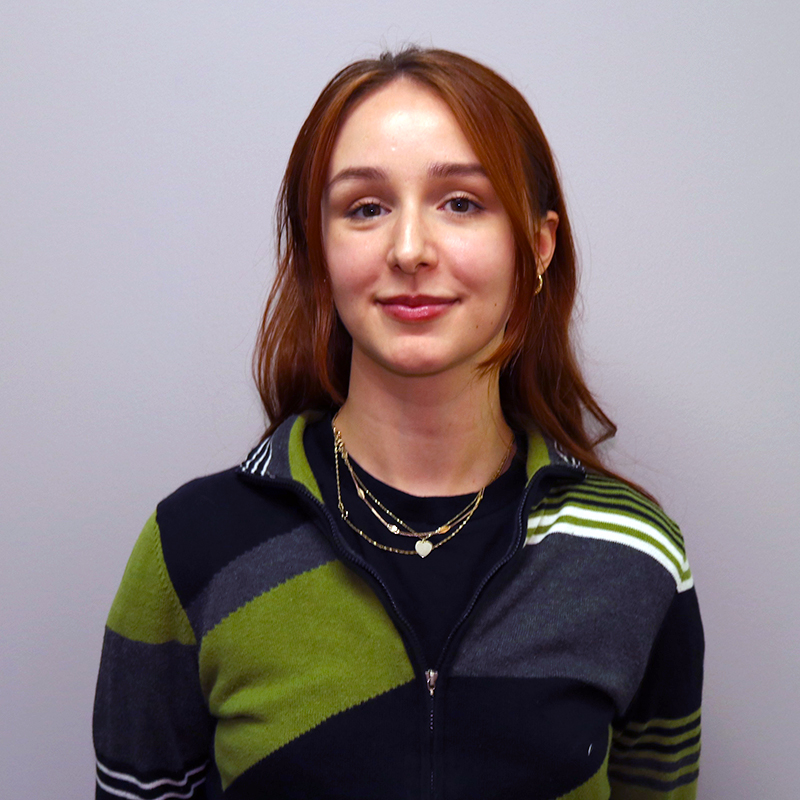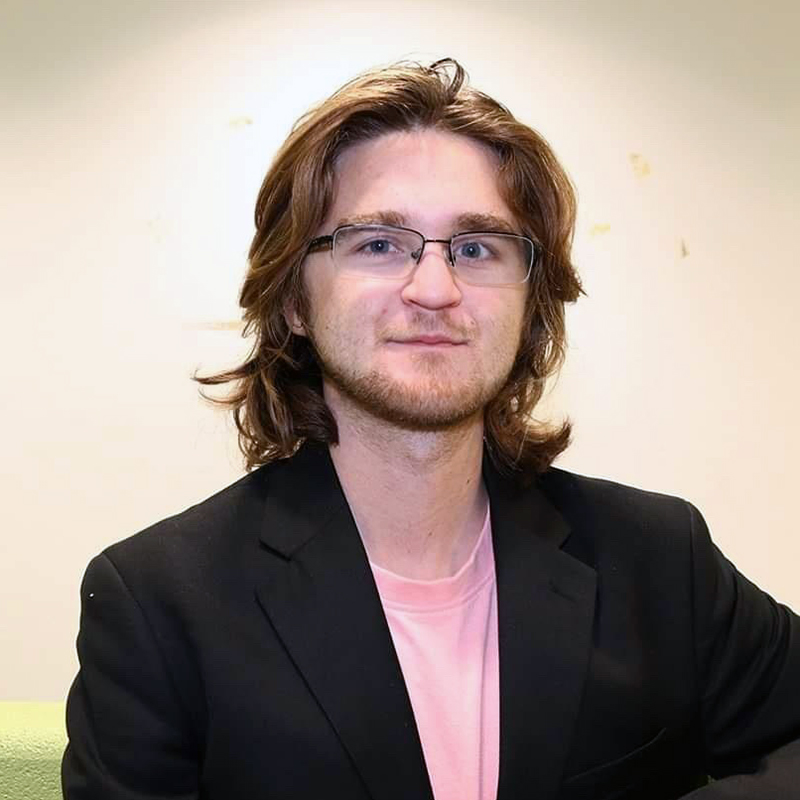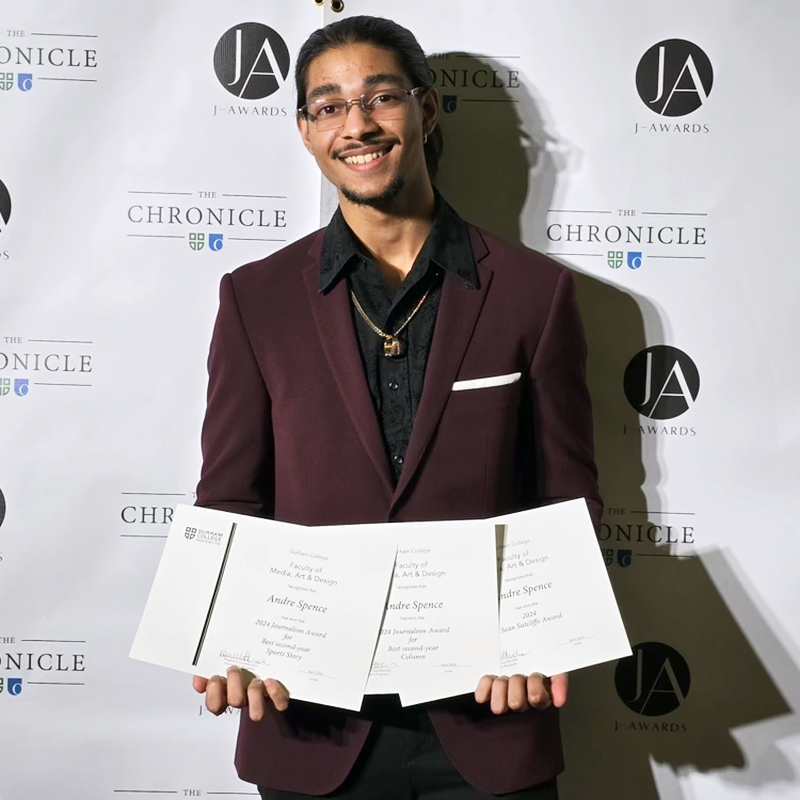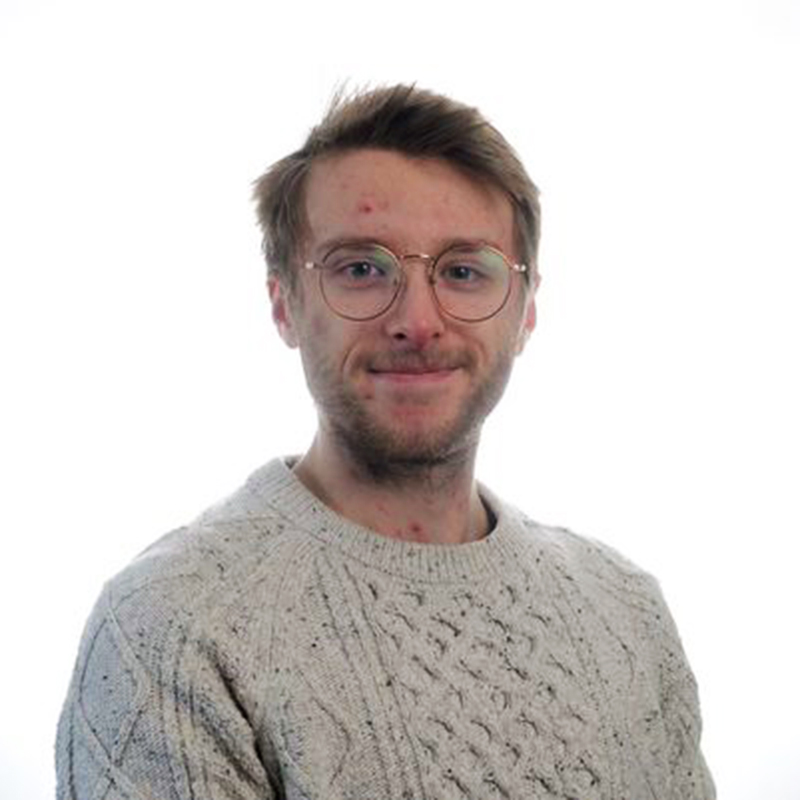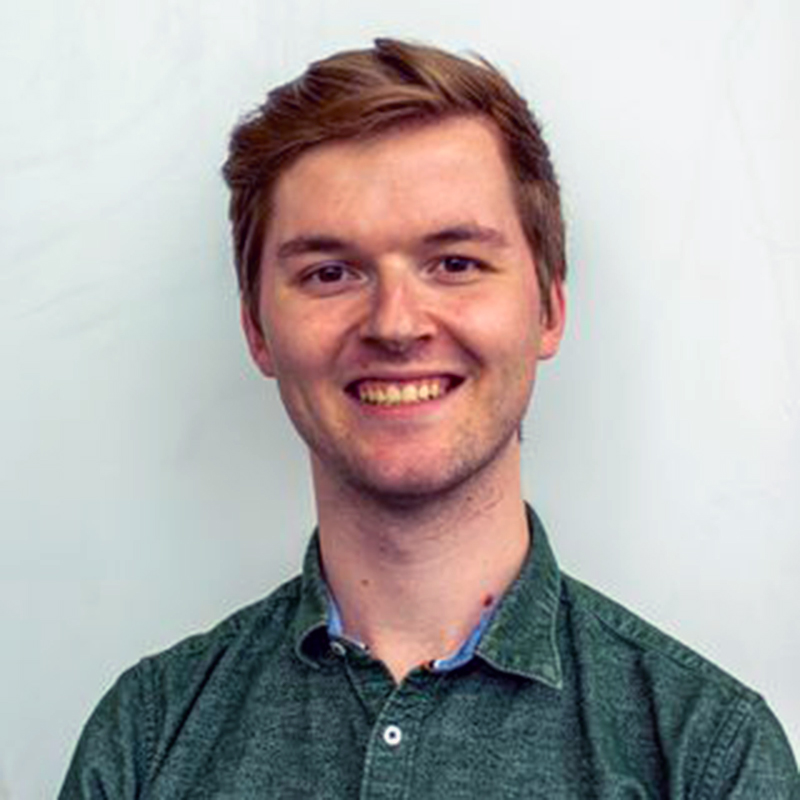Journey to DC: Two Journalism grads describe how looking for options during the pandemic set them on the path to earning their diplomas
Durham College journalism students Branden Rushton and Bhavya Shah both began their journey towards a diploma as a way to find career options coming out of the pandemic and now they’re both ready to graduate.
Rushton explains a Durham College diploma wasn’t his initial plan.
“I was going to go into acting but then the pandemic hit and the idea of going to school online for acting was not very appealing.”
He decided to explore his options, completing a General Arts and Science program in 2020 and Business Fundamentals in 2021.
“I went into it to try and be more pragmatic about my education,” he said. “I enjoy writing and the idea of journalism sounded cool.”
In 2022, he enrolled in the Journalism – Mass Media program.
Through the program, he formed lasting friendships, received guidance from impressive industry-experienced professors, and gained hands-on experience. With plans to pursue communications and potentially teach in the future, Rushton highly recommends DC to aspiring post-secondary students.
“I learned many skills while taking the program, from audio recording and editing tips, to enhancing my interviewing and communication skills and managing, putting together, and hosting a news broadcast show for a live audience.”
His classmate Bhavya Shah, a mature 24-year-old student from India, was also looking for a path before applying to DC.
“I wasn’t really doing much, because of COVID-19,” said Shah. “I completed my Bachelor’s in psychology and graduated late, in October 2020. I worked at a construction site for about six months, even worked with an online newspaper for some time between October 2021 and July 2022.”
Shah was browsing schools to go to when his eyes settled on DC’s Journalism – Mass Media program.
“I had looked up Durham College while researching for a suitable program in India, and instantly knew it was the one,” he said. “I think it is the Durham Region which fascinated me a lot. I love being surrounded by nature and am more of a rural guy than an urban guy, as I have lived an urban lifestyle for 22 years and am not overly fond of it.”
Shah blossomed through the program, overcoming social anxiety and embracing different roles.
“I’ve done some social media for my singing, but through this program, I was able to learn how to handle a camera and being forced to take social media photos and videos on my own and this awakened the newfound passion of social media,” he said.
As they graduate this spring, both students are looking forward to applying their skills as they launch their careers with Rushton pursuing a communications role while Shah is hoping to launch a career in social media.

